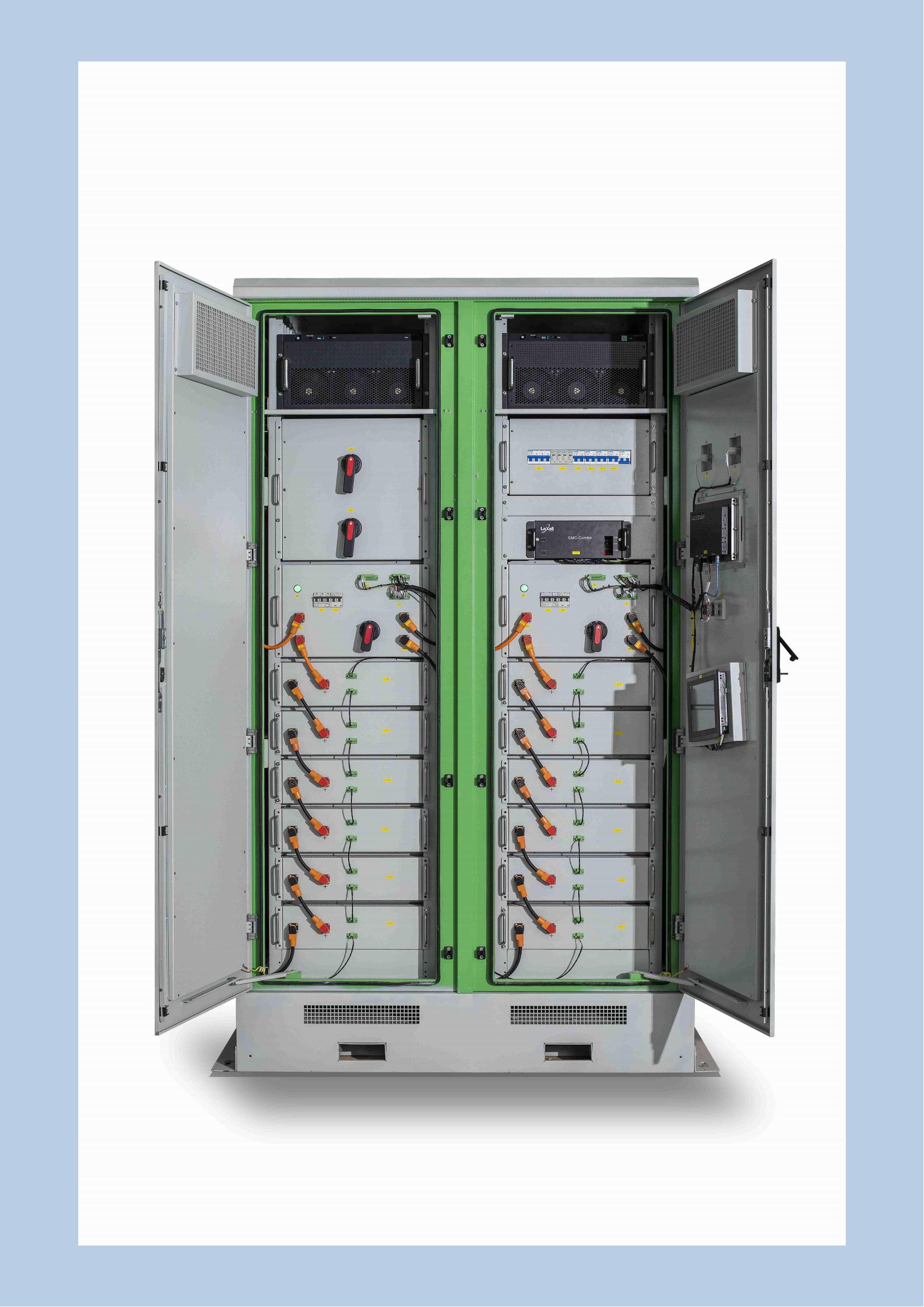
Dec . 07, 2024 18:22 Back to list
home power supply ac or dc supplier
Home Power Supply AC or DC Supplier?
When it comes to powering our homes, the debate between alternating current (AC) and direct current (DC) suppliers has grown more relevant in recent years. As technology continues to evolve and the demand for renewable energy solutions increases, understanding the differences between these two forms of electrical power is essential for homeowners and businesses alike. This article will explore the characteristics, advantages, and disadvantages of both AC and DC power supplies, helping you make an informed decision about your home’s energy requirements.
Understanding AC and DC Power
AC power is the standard form of electricity that is delivered to homes and businesses. It alternates direction periodically, which allows for the efficient transmission of electricity over long distances. The frequency of AC power is typically 50 or 60 Hertz, depending on the region. The most common source of AC power is the grid, which allows for widespread distribution and is the foundation of most electrical systems.
In contrast, DC power flows in a single direction, delivering a constant voltage. It is typically used in low-voltage applications, such as batteries, solar panels, and electronic devices. While DC power was the first form of electricity used for public power distribution, AC's advantages in transmission efficiency led to its widespread adoption.
Advantages of AC Power Supply
1. Efficient Transmission One of the most significant advantages of AC power is its ability to be transformed to high voltages for long-distance transmission. This reduces energy losses in the form of heat, making it effective for regional electricity distribution.
2. Compatibility with Household Appliances Most household appliances, including refrigerators, air conditioners, and lighting systems, are designed to operate on AC power. This compatibility makes AC the more convenient choice for most homeowners.
3. Infrastructure AC power has an extensive and established infrastructure, which means that connecting to the power grid is straightforward for homes. Most areas have reliable and consistent access to AC power, making it the default energy source for residential use.
Advantages of DC Power Supply
home power supply ac or dc supplier

1. Battery Storage DC power is essential for devices that use batteries, such as smartphones, tablets, and electric vehicles. With the rise of renewable energy sources like solar power, which generates DC electricity, an increasing number of homes are exploring DC power for energy storage and usage.
2. Energy Efficiency DC-powered devices can be more efficient in certain applications. For instance, LED lights operate on DC power and have proven to be more energy-efficient than their AC counterparts, reducing electricity consumption.
3. Integration with Renewable Energy As the world moves towards sustainable energy solutions, DC power provides a more seamless integration with solar panels and wind turbines. Homeowners equipped with solar energy systems often find that utilizing DC power enables better energy management and storage.
Disadvantages to Consider
While both AC and DC have their advantages, there are also some disadvantages that must be considered.
AC power, despite its effectiveness for long-distance transmission and compatibility with most appliances, has safety concerns. High voltage AC can pose significant hazards, and the need for transformers can create additional system complexities.
DC power, while beneficial for specific applications, often requires converters to switch from AC to DC in households, which can lead to increased costs and installation challenges. The infrastructure for DC is not as widespread as for AC, making it less accessible for many homeowners.
Conclusion
Choosing between an AC or DC supplier for home power depends on your specific circumstances, energy needs, and preferences. For the majority of households, traditional AC power remains the best choice due to its compatibility, efficiency in transmission, and established infrastructure. However, as technology progresses and the adoption of renewable energy sources continues to rise, the relevance of DC power is likely to expand.
Homeowners interested in sustainability should explore options for integrating DC power through solar installations or battery storage systems. By understanding the characteristics, advantages, and applications of both AC and DC power, homeowners can make informed decisions that suit their individual energy needs and contribute to a more sustainable future.
-
Advanced AI Energy Management with GPT-4 Turbo
NewsAug.02,2025
-
AI-Powered EMS with GPT-4-Turbo | Efficiency Boost
NewsAug.01,2025
-
Optimized Storage System for GPT-4-Turbo | High Performance
NewsJul.31,2025
-
AI Energy Management System w/ GPT-4 Turbo Efficiency
NewsJul.31,2025
-
High-Performance Energy Storage System for Reliable Power Solutions
NewsJul.30,2025
-
Advanced EMS Solutions for Energy Management System & Storage Battery Companies
NewsJul.29,2025























